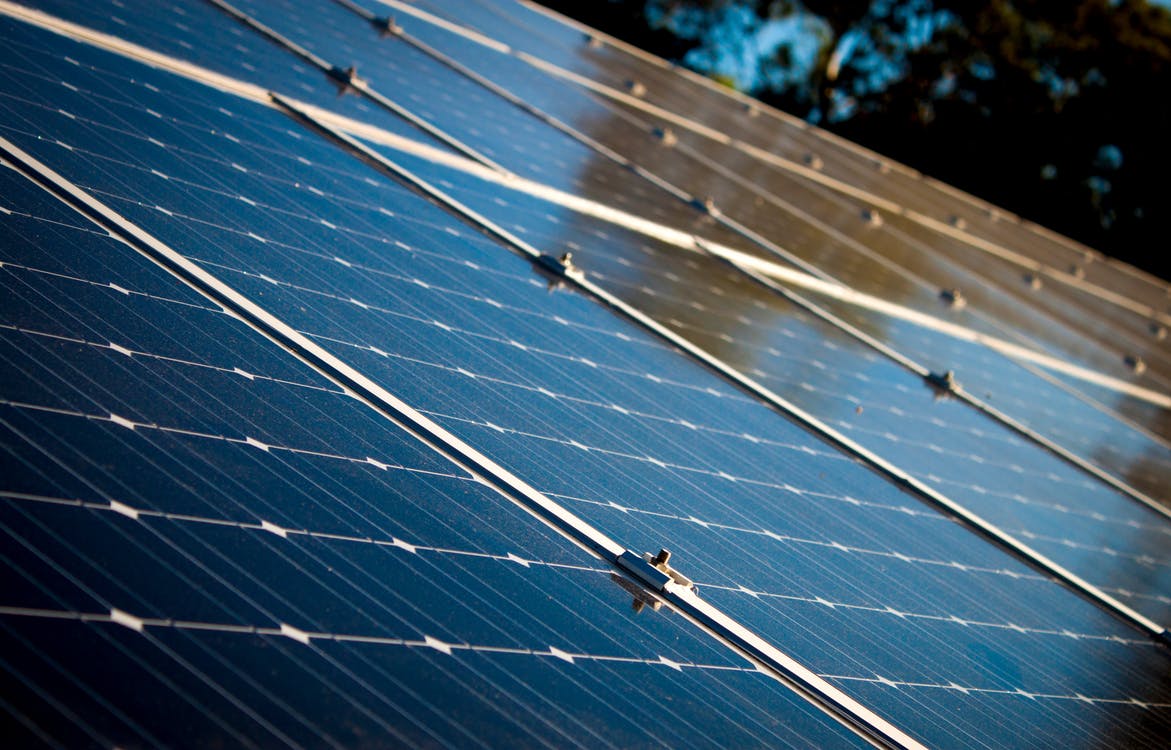Terry Pratchett’s famous economic theory tells us a lot about the urgent need for a net zero transition where the costs and benefits are fairly distributed right across the income scale
In his 1993 novel Men at Arms, the late, great comic writer Terry Pratchett deployed one of his characters to present what was to become a famous economic theory: “A man who could afford fifty dollars had a pair of boots that’d still be keeping his feet dry in ten years’ time, while the poor man who could only afford cheap boots would have spent a hundred dollars on boots in the same time and would still have wet feet. This was the Captain Samuel Vimes ‘Boots’ theory of socioeconomic unfairness.”
A similar phenomenon is at risk of undermining the net zero transition. A solar panel theory of socioeconomic unfairness, if you will.
Solar panels and other clean technologies slash energy and fuel bills for households, while minimising exposure to future energy price hikes and air pollution. A recent solar panel theory analysis from the Energy and Climate Intelligence Unit calculated the average household that improved its energy efficiency, installed solar panels and a heat pump, and switched to an EV would enjoy running costs that were nearly £2,000 a year lower than a household with no clean technologies in place.
Read more: BusinessGreen






